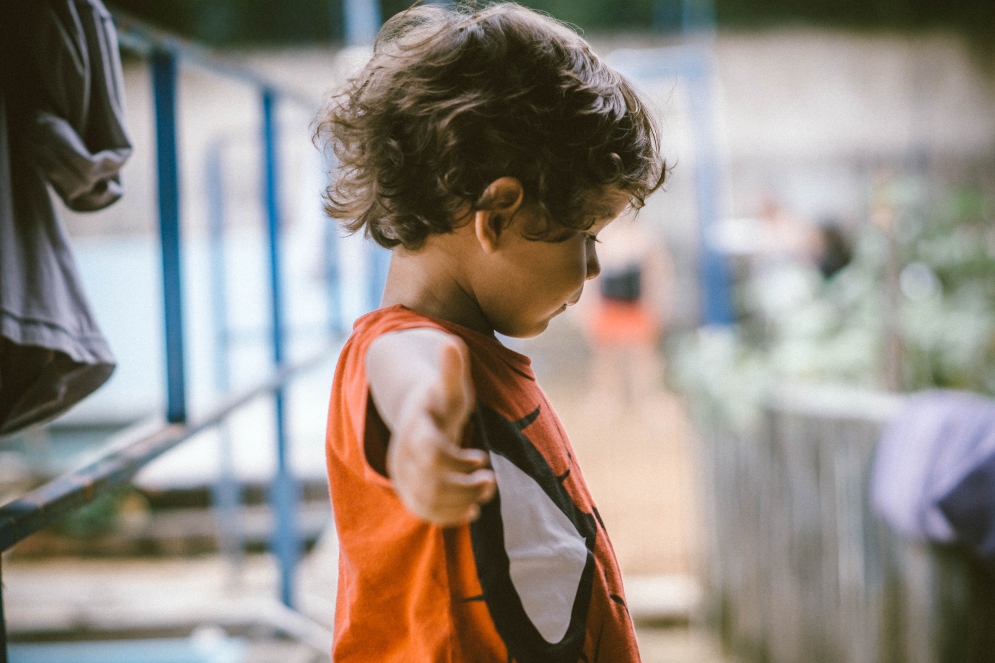There are a range of different eating disorders that children and young people might develop. Sometimes a child’s symptoms do not fit neatly into one category and they might have a combination of issues that fall across multiple categories, but do not quite meet the diagnostic criteria one one. Eating disorders can affect anybody, from any section of society, any race and at any body size. Eating disorders are not necessarily about food but about feelings that are managed through food. This might be severely restricting food intake, eating large quantities of food to numb feelings, purging food eaten through self-induced vomiting, compulsive exercise or laxative abuse, being extremely rigid about what foods can be eaten and when or eating substances that are not typically food. The physical consequences can be severe and eating disorders stand the best chance of recovery with early intervention.
For further information around Food / Eating Issues, please see the subheadings below
Anorexia Nervosa
Anorexia Nervosa is characterised by an intense fear of gaining weight and the restriction of food intake in response to this fear leading to low body weight as a result of starvation. People with anorexia may also binge and purge and exercise obsessively to rid themselves of calories consumed. They may develop rigid rules and rituals around food or exercise.
For more information about Anorexia Nervose, please see the following link:
Avoidant Restrictive Food Intake Disorder (ARFID)
For more information about ARFID, please see the following link:
Binge Eating Disorder
Binge eating disorder sufferers eat a large amount of food in a short space of time, accompanied by feelings of being out of control. Unlike bulimia this does not usually end in purging. They may be planned like a ritual and is often extremely private and shame filled. Bingeing is often a response to emotional distress.
For more information about Binge Eating Disorder, please see the following link:
Bulimia Nervosa
Bulimia is a cycle of episodes of binge eating, followed by purging to rid the body of the food consumed either through vomiting, laxative abuse, excessive exercise or fasting. Sufferers may experience distortions in their perception of weight and shape. Bingeing and purging is often private and sufferers often report feeling completely out of control.
For more information about Bulimia Nervosa, please see the following link:
Orthorexia
Orthorexia is an obsession with eating only pure foods. What is considered pure can vary from person to person but is used to make the sufferer feel safe, in control or worthy. Eating anything not considered pure may lead to excessive feelings of guilt, shame and distress at perceived contamination. There can be some overlap with the symptoms of anorexia. Orthorexia is not currently recognised as a separate disorder.
For more information about Orthorexia, please see the following link:
Other Specified Feeding & Eating Disorder
Many children and young people will not necessarily fit into one of the eating disorder diagnosis but they still have a significant eating disorder. The may be diagnosed with OSFED (Other Specified Feeding & Eating Disorder. This is not a less serious diagnosis and still carries the same risks as other eating disorders.
For more information about OSFED, please see the following link:
Pica
For more information about Pica, please see the following link:
Rumination Disorder
Rumination disorder is when a child or young person repetitively and habitually brings up half digested food. They may re-swallow, re-chew or just spit out. They are not usually distressed by this behaviour and the bringing up, appears effortless and painless, however sufferers are not in control of it.
For more information about Rumination Disorder, please see the following link:






